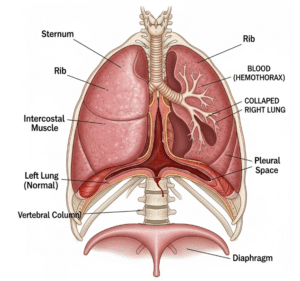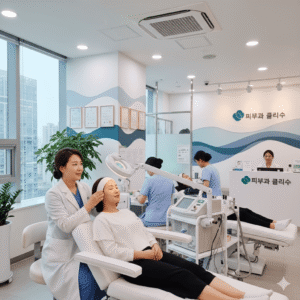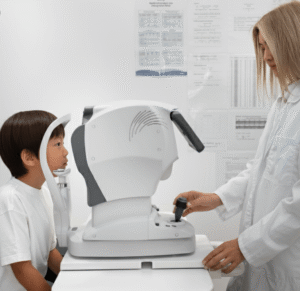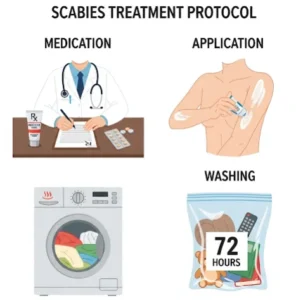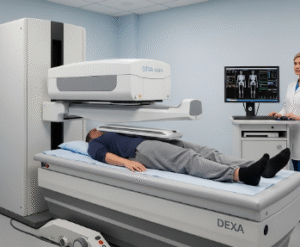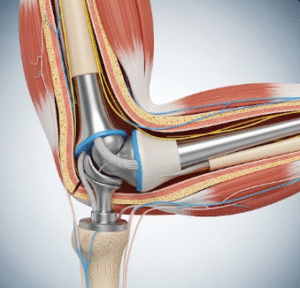Overview
Dysthymia, also called Persistent Depressive Disorder (PDD), is a chronic form of depression characterized by long-lasting low mood, sadness, and lack of motivation lasting for two years or more. Unlike major depressive disorder, dysthymia may not completely disable a person, but it significantly affects quality of life, relationships, work performance, and overall well-being.
In Korea, where mental health awareness is steadily improving, dysthymia is increasingly diagnosed and treated at both general hospitals and specialized psychiatric clinics. Korean healthcare emphasizes early mental health screenings, counseling, and evidence-based psychiatric treatments, making effective management accessible for both local and international patients.
What is Dysthymia?
Dysthymia is a mood disorder marked by chronic depressive symptoms that are less severe than major depression but last much longer. People may appear functional in daily life but struggle internally with ongoing sadness, pessimism, and fatigue.
Symptoms
- Persistent sadness or low mood lasting more than 2 years
- Low energy and fatigue
- Difficulty concentrating or making decisions
- Poor appetite or overeating
- Sleep disturbances (insomnia or hypersomnia)
- Low self-esteem and feelings of inadequacy
- Hopelessness about the future
- Reduced interest or pleasure in activities
Causes
The causes of dysthymia are multifactorial:
- Genetic predisposition (family history of depression)
- Brain chemistry imbalances (serotonin, dopamine, norepinephrine)
- Chronic stress or traumatic experiences
- Personality traits such as perfectionism or excessive self-criticism
- Other mental health disorders (anxiety, substance use, ADHD)
Risk Factors
- Family history of depression or mood disorders
- Early childhood trauma or neglect
- Long-term stress at work or home
- Chronic illness or pain
- Female gender (women are more likely to develop dysthymia)
Complications
- Social withdrawal and loneliness
- Decreased work productivity
- Strain on personal relationships
- Increased risk of major depressive episodes
- Higher likelihood of anxiety disorders or substance abuse
- Suicidal thoughts in severe cases
Prevention
While dysthymia cannot always be prevented, in Korea proactive steps include:
- Early mental health check-ups at schools, universities, and workplaces
- Public awareness campaigns to reduce stigma around psychiatric care
- Stress management programs including yoga, meditation, and counseling
- Healthy lifestyle habits such as balanced nutrition, exercise, and sleep hygiene
Treatment Options in Korea
Diagnosis
- Psychiatric evaluation by licensed psychiatrists
- Psychological assessments (clinical interviews, standardized depression scales)
- Medical exams to rule out thyroid disorders or vitamin deficiencies
Medical Treatments
- Antidepressant medications (SSRIs, SNRIs, tricyclics, atypical antidepressants)
- Mood stabilizers in patients with coexisting bipolar tendencies
- Adjunctive therapy with omega-3 supplements or light therapy (for seasonal components)
Psychotherapy
- Cognitive Behavioral Therapy (CBT) – helps challenge negative thinking patterns
- Interpersonal Therapy (IPT) – focuses on improving relationships and coping skills
- Mindfulness-based therapy – widely used in Korea for stress and depression management
Advanced Therapies (for resistant cases)
- Transcranial Magnetic Stimulation (TMS) – available at major Korean hospitals
- Electroconvulsive Therapy (ECT) – used in severe, treatment-resistant depression
- Ketamine or esketamine infusion therapy – offered in specialized psychiatric centers
Rehabilitation & Support
- Community mental health centers providing counseling and group therapy
- Workplace mental health programs in large Korean companies
- Online therapy platforms offering accessible mental health care in Korea
- Support groups for depression and chronic mental illness



